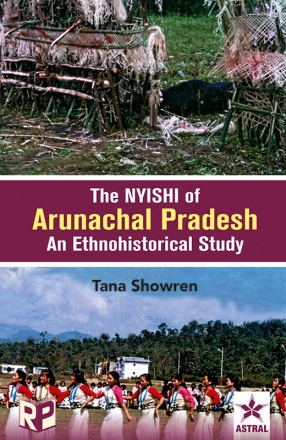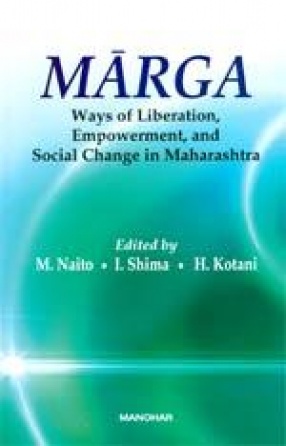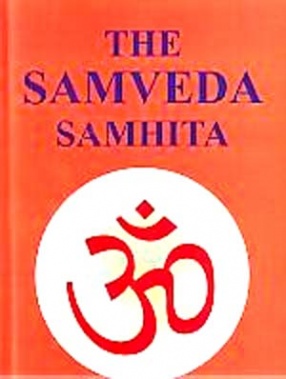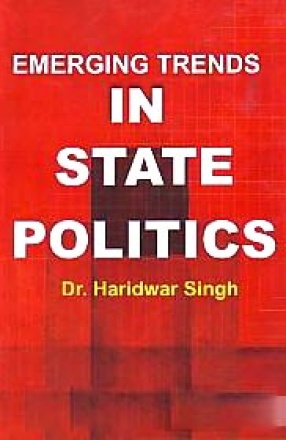This thought-provoking work examines ethno history, an underexplored field of study that lies at the intersection of interpretation, reinterpretation, intellectual history, literature and gender studies. A pioneering piece of ethnohistory, uses a variety of interdisciplinary means to reconstruct the oral history of an important tribe in North East India, i.e. NYISHI. It traces the impact of misnomer nomenclature labelled on the tribe throughout century and psychic agony inherent in the transformation of people under the twin impact of reign of the Ahom and colonialism. It analyses how these factors shaped and reflected the society as static and stagnant. In reconstructing the history of traditional political institution that have been wrongly interpreted and understood have been systematically re-examined to attain the objective study. Author also raises whole issues concerning the methodologies of ethno history and the dynamics of the whole last millennium history of NYISHI of North East India. Author powerfully combines analyses of medieval writings, eighteenth century texts, archival records, local and colonial records, and extensive ethnographic field work, and attempt to piece together oral history and oral traditions of the NYISHI people which will appeal to the general reader, intellectuals, specialists, policy-maker, professionals and researchers.
The study of oral history leads into an area of human culture to which social scientist are now increasingly turning their interests as part of research on pre-literate non-segmentary acephalous societies linking up with developing method on such subject, social memory, the emotions, the ethnography of speaking and verbal arts action more intensely. It is now timely to have a book of guidance for researchers as to the possibilities and problems of researching in the area where no written record and archive sources are available. This book will definitely serve as useful aid for such researchers who eager to work on the topics of oral history, oral tradition and understanding the non-literate community.





There are no reviews yet.